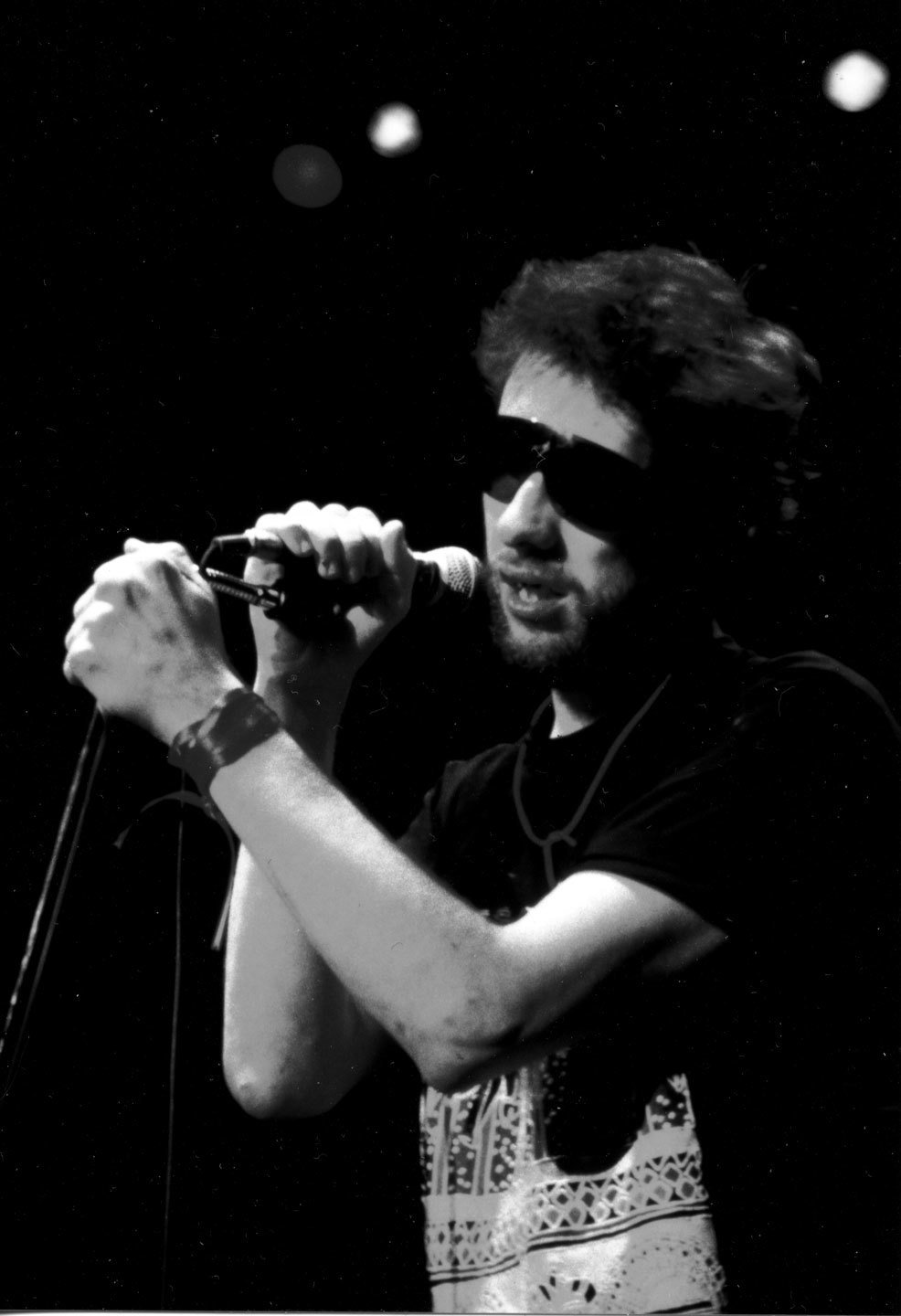On a short break from homework & academic writing today to unload my brain real quick.
I’m thinking of a lot of things lately. I’m thinking of the people I know, the people I love, and that I hope everyone is safe. That I hope they are always judged on the content of their character, because I feel blessed to know so many people who boast the highest content of character.
I’m thinking of how people are judged or even dehumanized based on where they live, where they’re from, how they worship. There are many things I cannot fully comprehend based on the limitations of my own experience. To the smallest degree (one which is merely annoying and not a reason someone uses to justify my annihilation), I get frustrated when I’m judged on where I live. I presented at a conference in Utah the day after my birthday this year and although I was wearing carefully penned-in eyeliner, I cried a little at the end. I was talking about Florida, that this place is my home, this is where I teach, this is where my kid goes to school, this is where my family and so many of my loved ones live, that I cannot give up on my home, no matter how challenging politicians make it to live here. And we moved here when I was three. I can only imagine how people who have lived in a place for generations and survived so much feel about their home.
But I’m also thinking about where I’m from, like where I’m from from. Everyone has the right to know that and to talk about it freely. When we talk about German composers in class, I tell my students that my ancestors must be mad because I speak terrible German. I tell them that my great-grandmother, who was so fiercely loved by her whole brood, was a German immigrant. I have many students who are immigrants from all over the world. They seem surprised when I tell them that my family immigrated to America generations ago. But they are young.
And because I grew up as a Catholic, I feel connected to the place that my great-grandfather’s family immigrated from: Ireland. My family as a whole is not particularly connected, but my friend Anne & I talked on twitter years ago about heading to where our ancestors lived, which based on my family last name (Mulvaney), she determined that we are “just a couple of Derry girls.”
My grandmother, a Mulvaney, and my grandfather, a Scott (which was my last name before I got married), combined a good bit of Western European heritage in me. As mentioned, I have many students who have immigrated to the US from all across the world. They want to know where I’m from, too. I try to explain it in a number of ways. We do sing songs asking where you’re from (the “sol-mi” tune “Lemonade” for 1st grade, as well as the “Who are you?” improvisation I came up with for 3rd-5th grades both cover that question, so I try to talk about it with as open a perspective as I can). My students arrived in Central Florida from Southeast Asia & India & China, from Brazil & Venezuela & Chile, from England & France, and many, many students from the Middle East & Northern Africa. They’ve started to talk a little bit about what they know about the current state of the world, but as I said, they are young. I try to listen, and more so I try go easy on them. From my limited perspective, I cannot imagine how they feel or what their families are experiencing.
I feel like I don’t have much of a connection to my own heritage. After all, that’s the point of Americanization, isn’t it? Fall in line, let’s be diverse but similar, or as my ancestors faced, let’s lose that “O” at the start of your name so they won’t discriminate against you. That still happens for so many people from a number of cultures. But beyond that, people do not deny me my heritage. That is but one point of privilege I have.
It may be going against the way of my country (a stance I’m familiar with), but I don’t think anyone should have to hide who they are to be safe. No one should have to shrink from their faith or from their family, or from the traditions they have chosen to adopt in order to simply live in peace. Shane MacGowan, who died last week and was a child of Irish immigrants in London, did not shy away from where he was from, and we were all better for it.
At that same conference in Utah, we heard a keynote from Dr. Carly Shalaby, whose work I’ve read before. Her work on Troublemakers turns on its head much of what we know about education. Much of her philosophy is something I often still struggle to enact, based on my previous experience or even what I’d refer to as my internal programming as a teacher. I talked with her after her speech and she was as wonderful & gracious as a person could be. I spoke about teaching in Florida, in advance of our presentation, and she sympathized, encouraging that in the face of what teachers are struggling against, we still have influence over our environments. We can plant seeds of care in our classrooms, with our students. I forget that on a day to day basis, but when I focus on that as a teacher, it’s powerful. A 5th grade classroom teacher asked me about an exercise I did, where I had her students brainstorm ways to show care for each other in the music classroom. I felt a spark of social change transferred when she did.
Something that Dr. Shalaby said in her keynote will live with me always. In light of the horrors that have occurred in the last two months, she spoke about wishing that we lived in a world where life was indeed considered precious. Too many people are being killed based on where they live, dehumanized because of those who claim to act in their hame, or threatened by deadly, millennia-old bigotry because of the actions of their government. None of this is demonstrating that life is at all precious. It is difficult because it seems as though there is little we can do about it.
But in our classrooms, we can do everything about it. We can emphasize that we take care of each other. We can emphasize that we are working toward something bigger, bigger even maybe than the places we’re from but the possibility of what we can do together. We can foster love & growth & camaraderie. If I’m proud of anything in my career, especially toward the end of teaching middle school, I am proud to have laid ground for young people to develop lasting friendships and a safe social space, fostering belonging. It’s definitely different in elementary school, seeing 700 kids every week, but it’s still something I still aspire towards.
I think of Shane MacGowan, I think of decorating my house to “Fairytale of New York” just last week and telling my daughter about Kirsty MacColl, and I think of every person’s right to know and to pay tribute to where they come from. And I appreciate what I interpret as a nod to so many of us Scots-Irish folks all around the world, even if that’s not how it was intended.
Spoiler Alert: “If I Should Fall from Grace with God” contains a short sample of the Scottish folk tune “Loch Lomond,” heard twice throughout the song.
Intro: The Pogues were a Celtic punk band formed in London in 1982. The result of collaboration between frontman Shane MacGowan, a child of Irish immigrants, Peter “Spider” Stacy, and Jem Finer. The band recorded & toured together in various formations from 1982-1996, firing MacGowan in 1991 because of his notorious issues with substance abuse. The band reformed in a touring incarnation in 2001 and continued to tour Ireland, the UK, and the American East Coast until 2014. The album If I Should Fall from Grace with God, released in January 1988, was the band’s commercial and critical zenith, scoring a spot on the top ten album chart in the UK and other countries. While the title track is well known from its release and subsequent use in other media, the success of the album was anchored in the single “Fairytale of New York,” which featured MacGowan dueting with British singer Kirsty MacColl. The song was a hit at the time and has proven to be a steadfast Christmas favorite. Shane MacGowan died on November 30th, 2023, with tributes pouring out all over Dublin.
Analysis: The tune from the Scottish folk song “Loch Lomond” can be heard in “If I Should Fall from Grace with God” at 0:11, during the instrumental introduction, and 2:14. It sounds as the fourth phrase of an instrumental snippet, but the pitches line up almost exactly with the melody of “on the bonny, bonny banks of Loch Lomond.”
While “Loch Lomond” is not a classical tune per se, it was immeasurably influential on art music in the 20th century. Tt has been extensively used in classical repertoire, jazz music, and wind band arrangements. Ralph Vaughn Williams set the tune for baritone solo in 1921, with jazz singer Maxine Sullivan recording the song in 1937 to score her first hit. The tune has been used in countless wind band arrangements, one of the most famous being composer Frank Ticheli’s treatment of it.
Considerations for Teaching: Although there is a great deal of Pogues music that is not suitable for teaching on almost any level, this song is great for teaching about the connections between cultural folk music and popular music. If you have spoken to your students about the lyrical text of “Loch Lomond,” about death and returning to the land of your ancestors, even if it is on the “low road,” the lyrics of this song match up perfectly with the thematic contents of the song it samples. It would be an appropriate choice for possibly a middle school but certainly a high school modern band performance.
Bonus Track: I watched & rewatched this on the day he died, him dancing with Kirsty at the end of a performance of “Fairytale of New York.” He had fought for justice fiercely in the wake of her murder, and I get emotional thinking about it. The feeling is similar to watching David Bowie’s duet with Bing Crosby, something I’d watched hundreds of times, for the first time after Bowie died in 2016. They were both gone. I feel the same way, but weirdly a little more hopeful seeing Kristy & Shane dance at the end of this 1988 St. Patrick’s Day performance.


